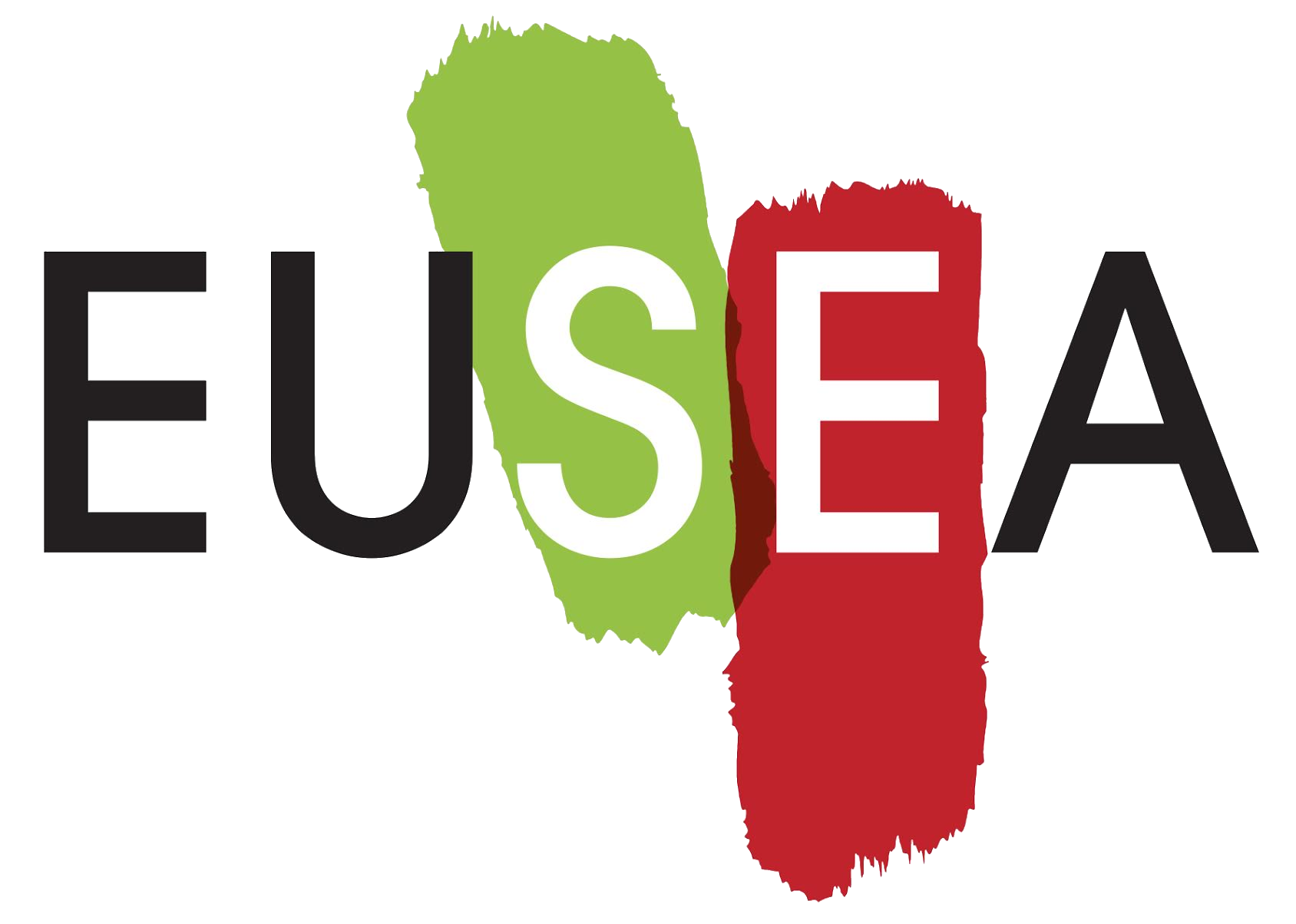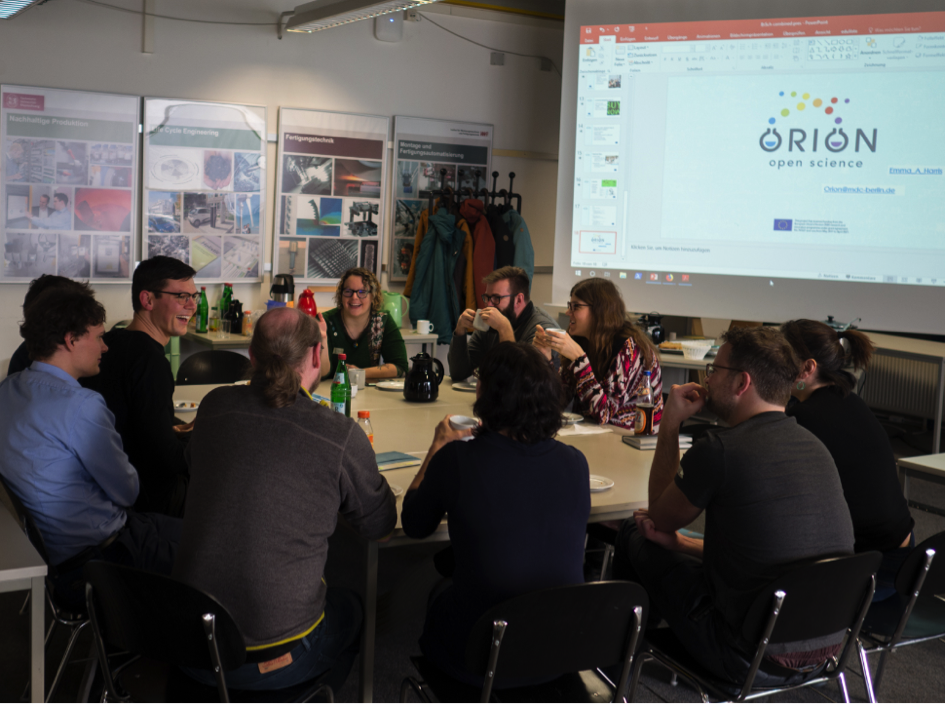By Andrea Troncoso.
When you receive invitations of sister projects to participate in their activities, you do your best to show up and exchange ideas, team up and learn from others. That´s precisely what happened last January at the Technical University of Braunschweig, in the heart of Germany. Led by Emma Anne Harris and supported by Zoe Ingram, members of the Orion Project, the one-day “Opening Minds, Changing Habits” training delivered in an open, interactive, and playful way, the critical concepts of Open Science, and what´s more important, explained what it is, and why it should be a subject that matters to each and all of us.
It´s not only because the EU now is promoting the 3 Os approach as a vision for Europe, but because it lies in the centre of what all of us, who are working towards inclusion, diversity, evidence-based politics, believe: openness leads to collaboration, to sharing and building upon each other´s discoveries and learnings.
Open science, in a nutshell, is about making research accessible to all and fostering collaboration in opposition to competition. Several topics underly the primary goal, such as research integrity, right of access and democracy and the paths that Open Science undertake are mainly the ones that we know as Open Access, Open Data, and Public Engagement. As EUSEA, I had an active role during one session, sharing examples and explaining the myriads of forms in which Public Engagement takes place.
One of the most exciting parts of the training was the Researcher Case Studies analyses. As participants, we confronted with different real-life cases, like this one:
“Jane has done several experiments which have had negative results and do not help progress her overall project further. However, she feels the results, protocol, and data are still interesting…”
The story continued and made us answer several questions about the hot topic of “negative” results.
More about Orion and Open Science in their website, orion–openscience.eu




